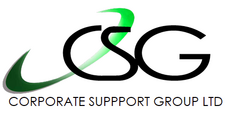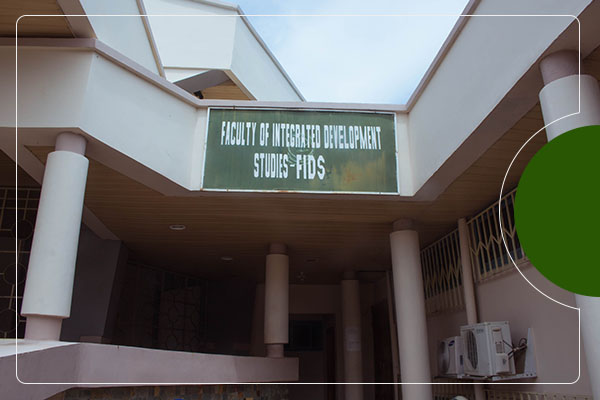How to produce and purify scFv-Fc fusion proteins
Biosimilar Development: Science, Strategy, and Standards Behind Affordable Biologics As the global demand for cost-effective biologic therapies continues to rise, biosimilars have become a cornerstone in modern drug development. These are not generic drugs—they are highly similar, scientifically engineered alternatives to complex biologic medicines, and their development requires a blend of rigorous analytics, clinical science, and regulatory strategy. With growing approval momentum, such as the FDA’s recent green light on denosumab biosimilars like Stoboclo and Osenvelt, it’s clear the biosimilar field is entering a new era. But what exactly does it take to bring a biosimilar from concept to clinic? From Sequence to Substance: A Deep Dive into Biosimilar CharacterizationAt the core of any biosimilar program lies comprehensive physicochemical characterization. Developers analyze everything from the primary amino acid sequence to higher-order structures. This includes heterogeneity assessment, glycosylation profiling, and evaluation of drug product attributes—all critical for matching the reference product. Advanced instrumentation such as LC-MS/MS and differential scanning calorimetry ensures every molecule meets tight specifications. Confirming Function: Biological Activity and Binding SimilarityBeyond structure, biosimilars must prove functional equivalence to the originator. That’s where biological activity characterization comes into play. Using both receptor-binding assays (e.g., SPR, ELISA, and FcRn/C1q) and cell-based bioassays (e.g., ADCC, CDC, and apoptosis), scientists confirm that the biosimilar behaves identically in vitro. These assessments serve as critical evidence in the comparative analytical testing for biosimilar approval, a foundational requirement by agencies like the FDA and EMA. Stability Matters: Holding Up Over TimeBiologic drugs are sensitive molecules. Any changes during storage, transport, or administration can compromise efficacy or safety. That’s why stability characterization is a pillar of biosimilar development. Studies include long-term stability, accelerated aging, stress testing, photo-stability, and forced degradation—often evaluated using techniques like HPLC, AUC, and DLS. Together, these results help demonstrate a product’s robustness throughout its shelf life. Cell Line Engineering: The Starting Point for ConsistencyAll this data hinges on having a consistent, scalable production system. Stable, high-yielding clones—often derived from CHO cells—are created and screened for productivity and fidelity. Once the lead cell line is selected, it forms the backbone of large-scale manufacturing under GMP conditions, ensuring batch-to-batch consistency and regulatory compliance. Manufacturing Under GMP: Built for Global MarketsHow to develop biosimilars under GMP is both a scientific and logistical challenge. From upstream expression to downstream purification, every step must follow validated, auditable processes. Global regulators require that biosimilars be manufactured in certified GMP facilities to ensure patient safety and therapeutic consistency. For those targeting international markets, GMP biosimilar manufacturing for global markets must also meet the varying expectations of agencies like the FDA, EMA, PMDA, and TGA—a feat that requires deep regulatory expertise. In Vivo Data and Statistical ConfidenceNon-clinical studies in animal models—typically rodent and non-rodent—demonstrate pharmacokinetic (PK) and pharmacodynamic (PD) equivalence. Toxicokinetics are assessed to ensure biosimilar safety prior to human trials. Alongside, statistical equivalence analysis is performed to show the biosimilar is neither clinically inferior nor superior to its reference. This often includes defining appropriate sample sizes, endpoints, and equivalence margins to meet strict agency guidelines. Regulatory Pathway for Biosimilars vs OriginatorUnlike originator biologics, biosimilars follow a reduced clinical pathway focused on totality-of-evidence. Demonstrating analytical and functional similarity means fewer clinical trials are needed, saving time and cost. Understanding the regulatory pathway for biosimilars vs originator is key to accelerating approval timelines and optimizing development strategy. Final ThoughtsDeveloping a biosimilar isn’t just about reverse-engineering a drug—it’s about building a scientifically sound, regulatory-aligned program that delivers safety, efficacy, and affordability. From structural analytics to GMP production, the biosimilar process is a masterclass in modern biopharma innovation. As global acceptance grows, the ability to execute these steps with precision and confidence will define tomorrow’s biosimilar leaders.

